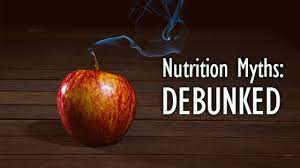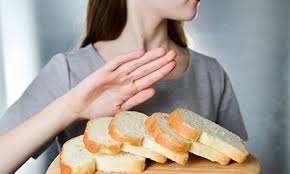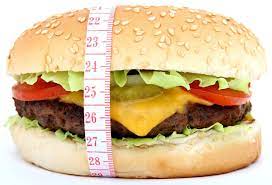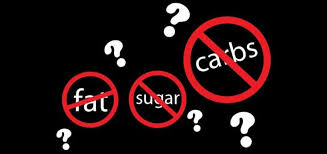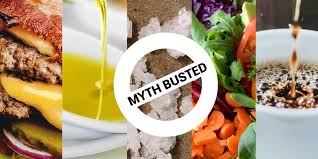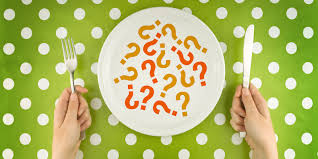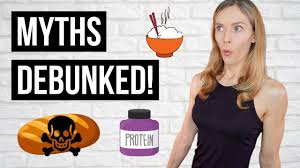10 nutrition myths busted.
4 minuteRead
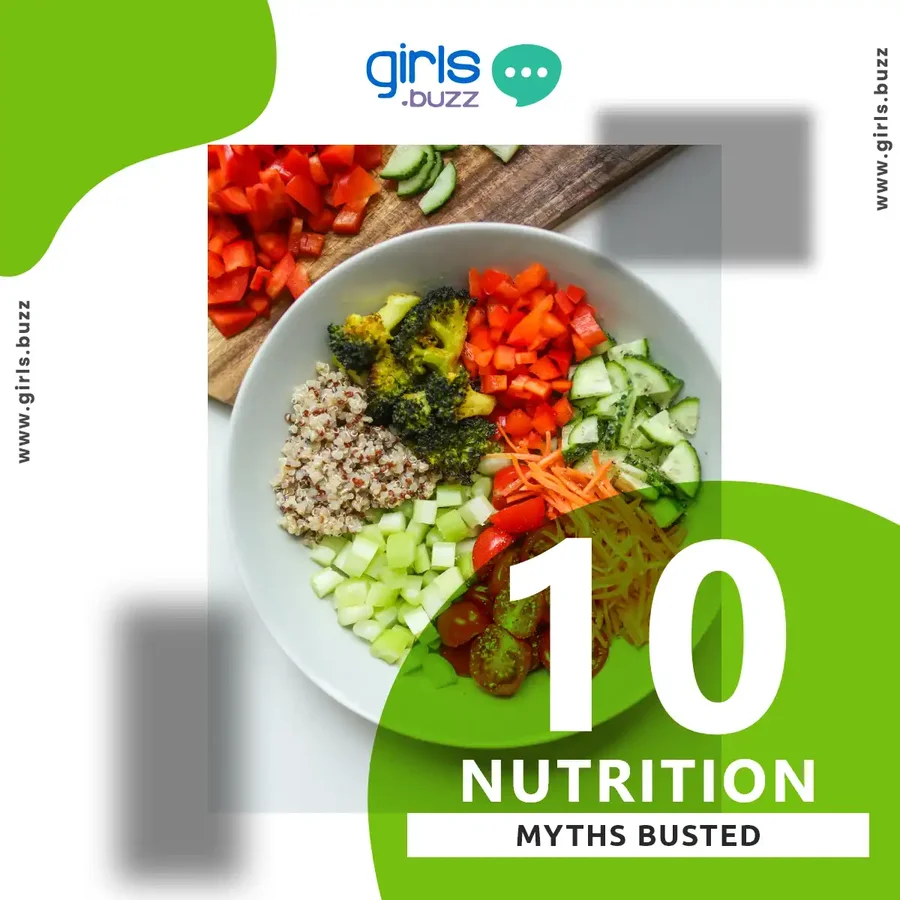
By Samyati Mohanty
Let's debunk a few popular nutrition myths and facts so you can feel better about your eating choices:
- Eating healthy is prohibitively expensive.
Eating healthy on a budget is feasible with some planning and time in the kitchen.
Here are a few pointers:
- Plan your meals and snacks around the sales.
- Seasonal shopping is especially important when it comes to fruits and vegetables.
- Make and stick to a shopping list.
- When staples like brown rice, whole-wheat pasta, dry beans, and lentils are on sale, stock up.
- Consider buying frozen or canned fruits and vegetables instead of fresh produce. Check the ingredient list to avoid items that have added sugars or salt.
- A gluten-free diet should be followed by everyone.
You don't need to avoid gluten unless you have celiac disease or gluten intolerance. Gluten is a protein found in wheat, barley, and rye. Whole-wheat products have numerous nutritional benefits, including B vitamins and fibre.
When producers remove gluten, more sugar, salt, or refined carbohydrates are frequently added to compensate for the difference in flavour and texture. Check the ingredient list and nutrition facts if you need to eat gluten-free for medical reasons to ensure you are selecting a healthy option.
- Replace white table sugar with unprocessed sugars such as honey, maple syrup, or coconut sugar.
Sugar is sugar, even if unrefined sugar contains a modest amount of vitamins and minerals. The benefit is minor because they are still classified as added sugar and contribute to the recommended daily limit of added sugar in the diet.
- High-cholesterol foods cause weight gain.
This is one of the common myths about nutrition.The cholesterol-free and low-cholesterol diet craze of the 1980s and 1990s is a thing of the past. Nonetheless, some people are still afraid of cholesterol. This should not be the case because fat performs important roles such as safeguarding our organs, maintaining cell membranes, encouraging growth and development, and absorbing key vitamins.
Keep in mind that not all fats are created equal. Choose unsaturated fats that are good for your heart, such olive and canola oil, nuts, nut butters, and avocados, over saturated and trans fats, including fatty meats and high-fat dairy products.
- If you want to reduce weight, avoid carbs.
The low-carb diet has been a fad diet that has come and gone throughout the years. It tarnishes carbs, including fruits and entire grains. Individuals who followed this diet were able to lose weight. However, anyone who eliminates highly processed carbs, such as chips, cookies, white bread, and potatoes covered in butter and gravy, should expect the same outcomes. Any diet or eating plan that removes an entire food group raises a warning signal in my book since you will most likely be deficient in critical nutrients.
- A detox diet will remove toxins from the body.
There is scant evidence that dietary cleanses achieve any of their claims. The truth is that you don't need to buy anything to cleanse your body. Every day, your liver, kidneys, and gastrointestinal tract detoxify it. If you want to renew your body, focus on eating more whole foods, drinking water, and avoiding excessively processed meals.
- After 7 p.m., you should not consume anything, not even a grape.
This is a myth. While late-night munching might cause weight gain or inhibit weight loss, it is not due to the time of day. It's about why you're eating, not what you're eating. In the evening, it's normal to grab food for reasons other than real hunger, whether it's a habit, boredom, or longing.
- Certain foods, such as grapefruit, chilli pepper, and vinegar, can help you lose weight.
Sorry, no meals burn cholesterol, make you lose weight faster, or improve your metabolism sufficiently to affect weight loss. Diets that focus on particular items, such as those stated above, are restricted and deficient in nutrients that the body requires. They're also unsustainable, and any weight loss that occurs is due to calorie restriction and will most likely return once you stop.
- The easiest approach to cut back on sodium is to quit using the salt shaker.
The 2020–2025 American dietary standards prescribe no more than 2,300 mg of sodium per day. Every day, the average consumption is 3,400 mg of sodium. The solution isn't as simple as removing the salt shaker from the table. The salts added to processed, ready-to-eat foods and restaurant meals account for a large portion of the excess sodium consumed by most of the people. Reduce your intake of processed foods and increase your intake of fresh, home-cooked meals.
- Low-cholesterol or fat-free items are better for you.
Many low-cholesterol or fat-free products contain extra sugar or sodium to compensate for the loss of flavour caused by eliminating or lowering cholesterol. Furthermore, fat aids in satiety, helping you feel fuller for longer. Choosing a fat-free product to cut calories can backfire because you may find yourself hungry shortly afterwards.
When deciding between fat-free, low-cholesterol, and regular, always read the nutrition label. Take note to the sugar and sodium content.
Write, Record and Answer! Consume Unlimited Content! All you need to do is sign in and its absolutely free!
Continue with one click!!By signing up, you agree to our Terms and Conditions and Privacy Policy.




